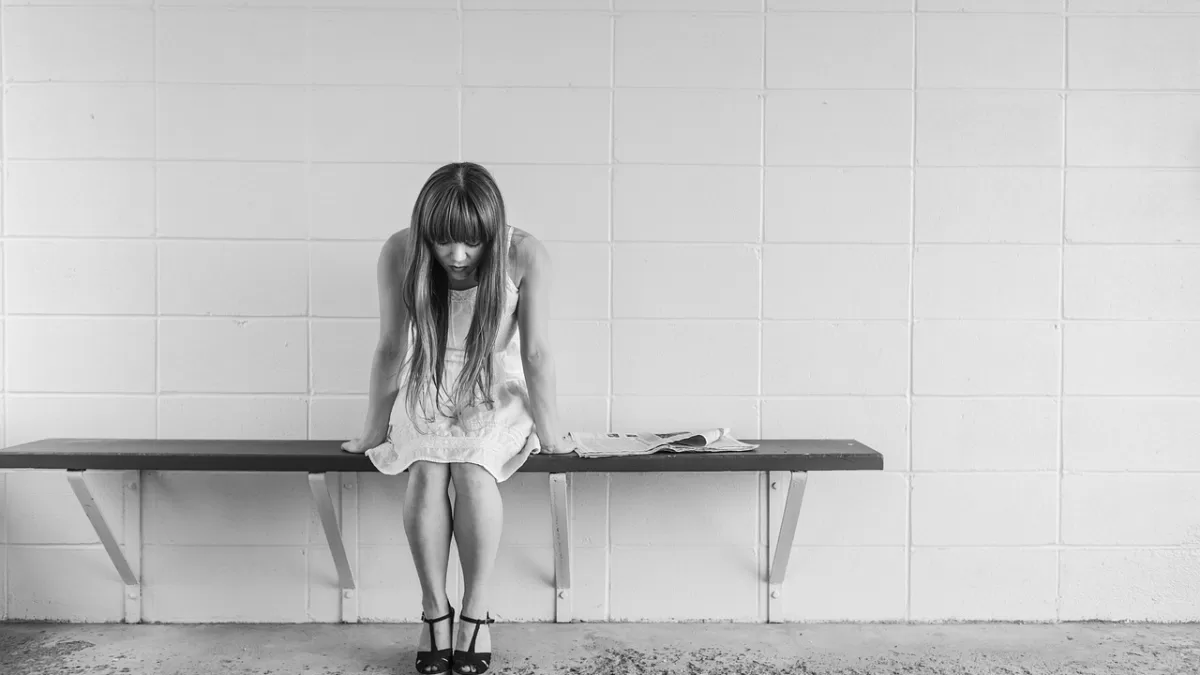- Have any questions
- Info@Ratedtherapy.com
Depression

Anxiety
January 9, 2023
Intermittent Fasting
January 10, 2023Depression is a mental health disorder characterised by persistent feelings of sadness, hopelessness, and a loss of interest in activities. These symptoms can affect a person’s ability to function in their daily life and can lead to physical problems as well. Depression is a serious condition that can have a negative impact on a person’s quality of life, but it is also highly treatable.
There are several different types of depression, including major depressive disorder, persistent depressive disorder (also known as dysthymia), and seasonal affective disorder. The symptoms of depression can vary depending on the type of disorder, but they often include a combination of the following:
- Persistent feelings of sadness, hopelessness, and/or emptiness
- Loss of interest or pleasure in activities that were once enjoyable
- Changes in appetite and/or weight
- Difficulty sleeping or oversleeping
- Physical slowing or agitation
- Fatigue or loss of energy
- Difficulty concentrating
- Thoughts of suicide or self-harm
Many people experience feelings of sadness or hopelessness at some point in their lives, but these feelings usually pass after a short period of time. However, for people with depression, these symptoms can last for weeks, months, or even years and can interfere with their ability to function in their daily lives.
Some effective techniques for tackling depression include:
- Medication: Antidepressant medication can be effective in reducing symptoms of depression. Your healthcare provider can work with you to find the right medication and dosage for you.
- Therapy: Cognitive-behavioral therapy (CBT) and other forms of talk therapy can help you identify and change negative thought patterns that may be contributing to your depression.
- Exercise: Regular physical activity has been shown to improve mood and reduce symptoms of depression.
- Sleep hygiene: Getting enough quality sleep is important for overall health and well-being. Establishing a regular sleep routine and avoiding electronics before bedtime can help improve sleep quality.
- Nutrition: Eating a healthy diet rich in fruits, vegetables, and whole grains can improve overall health, including mental health.
- Mindfulness: Mindfulness practices such as meditation, yoga, or deep breathing can help reduce stress and improve mood.
- Social Support: Connecting with friends and loved ones, joining a support group, or seeking out a therapist can help provide a sense of community and support.
- Self-Care: Engaging in activities that bring you joy and relaxation, such as reading, writing, or listening to music, can help boost mood and reduce stress.
It’s important to note that everyone’s experience of depression is unique and that not all techniques will work for everyone. It’s also important to work closely with a healthcare professional to find an effective treatment plan that works for you.
Many people find that a combination of medication, therapy, and lifestyle changes is the most effective way to manage the condition. It’s also important to have patience, to not give up on treatment and to not be hard on yourself.
Remember that depression is a treatable illness, and there are many resources available to help you get the support you need. If you are feeling overwhelmed, reach out to a mental health professional or a support group for help.



